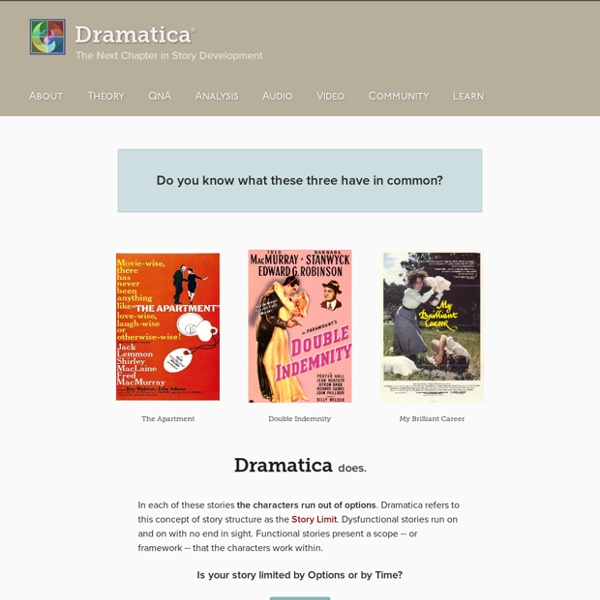



Writing Prompts: Huge List of Short Story Ideas You Can Use & Add To A cookie is a small file of letters and numbers that is stored on your browser or the hard drive of your computer. Cookies contain information that is transferred to your computer’s hard drive. We use cookies to ensure that we give you the best experience on our website. If you continue without changing your settings, we’ll assume that you are happy to receive all cookies on our website. Cookies enable us to identify your device, or you when you have logged in. You can find more information about the individual cookies we use and the purposes for which we use them below. The cookies we use and why we use them We use cookies for various purposes, including Google Analytics tracking, interest based advertising such as remarketing (these cookies allow Google and others to show our adverts when you visit other websites in networks such as the Google Display Network after you have visited our website, adwords conversion tracking and advertising on social media sites. Strictly necessary cookies.
First Person Scholar - Weekly critical essays, commentaries, and book reviews on games You Are Totally Going To Die – Chuck Wendig: Terribleminds Over there? That’s your gravestone. It’s there, on the hill. Or in the valley. Or, rather, you’re going to be dead. No, I’m not threatening you. You are totally going to die. I’m not Miriam Black. That’s grim shit, I know. I’ve spent a goodly portion of my life worrying about death. If it wasn’t hypochondria plaguing me, it was sheer existential terror. I know. There comes a point when all this either was going to keep pinning me to the ground like a heavy boot or it was going to be the thing that I could push past or even use as a springboard to fling my dopey ass forward. None of us — not a single one — are promised tomorrow. We share that because we share the possibility of death. But we share something else, too. We share This Fucking Moment Right Fucking Here. This one. We all get now. We all get the moment in which we exist. A lot of you are writers. …and they’ll finally get to do what they want to do. My father lived his life in preparation for his retirement. You are promised right now.
Submissions | Rolled and Told By using any materials including but not limited to Maps, Monster Stat Blocks, and Character Sheets available on this site, you agree to the following (“Agreement”): The Lion Forge, LLC (“Lion Forge”) makes no express or implied representations or warranties with respect to the use of the materials which is provided for use “as is” and “as available.” Under no circumstances including, but not limited to, negligence, will Lion Forge be liable for any special, incidental or consequential damages that result from the use of, or the inability to use, the materials. Rolled & Told is made under the Open Gaming License (henceforth referred to as the OGL) Copyright 2019 TM and © The Lion Forge LLC.